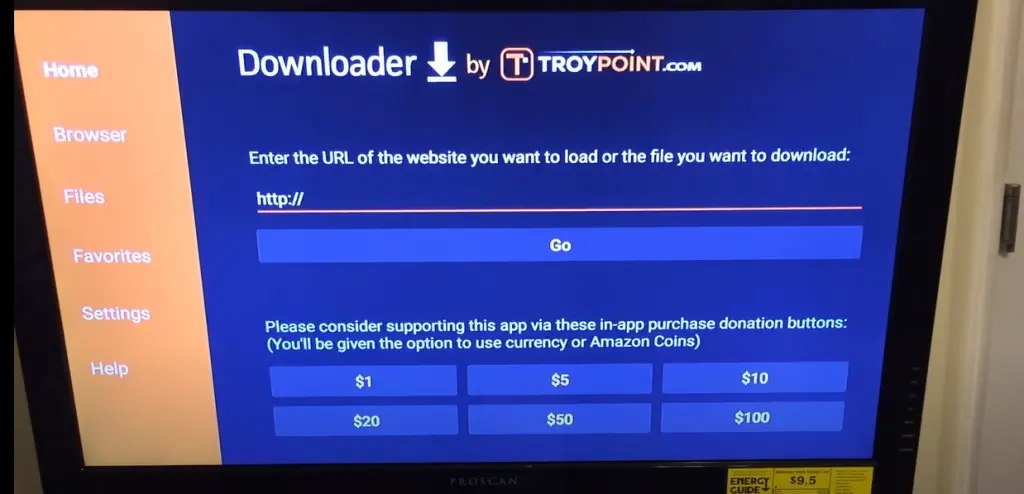How Does IPTV Piracy Work?
IPTV, or Internet Protocol Television, allows for the streaming of television content over the internet. Unfortunately, just like with any form of media distribution, IPTV piracy has become a prevalent issue. This is due to the fact that the technology behind IPTV makes it difficult to prevent illegal access to copyrighted material. In this article, we will look at how IPTV piracy works.
What is IPTV Piracy?
IPTV piracy involves the unauthorized use of IPTV technology to stream television programming that is not legally available through authorized providers. This can include the use of illegal streaming services, hacked set-top boxes, or even free apps that allow users to stream content.
How Does IPTV Piracy Work?
There are a few different ways that IPTV piracy works. The first is through the use of illegal streaming services or websites. These services offer access to live TV channels for a small fee, or sometimes for free. They are able to do so by scraping content from legal sources and streaming it to viewers without permission. Because these services are not authorized to provide access to copyrighted content, they are technically breaking the law.
Another way that IPTV piracy works is through the use of hacked set-top boxes. Some people purchase these boxes, which are essentially small computers that connect to their TV and allow for the streaming of content, and then modify them to allow access to illegal streams. Hacked boxes can be purchased online or in-person from sellers who advertise them as a way to “cut the cord” and avoid having to pay for cable or satellite TV.
Finally, some apps allow users to access illegal streams from their phones or tablets. These apps are often available for free on the Google Play Store or other app stores, but they are not authorized by the content owners to provide access to their programming. Users can stream TV shows and movies on demand, and some apps even offer access to live TV channels.
Why is IPTV Piracy a Problem?
IPTV piracy is a problem because it allows people to access content without paying for it. This hurts both the content owners, who lose out on revenue, and the legitimate providers, who are forced to compete with illegal services. Additionally, unauthorized streams often have lower quality than authorized ones, which hurts the viewing experience for those who choose to use them.
Conclusion
IPTV piracy is a serious problem that poses challenges for content owners and legitimate providers. While there are no easy solutions to the problem, steps can be taken to reduce the number of unauthorized streams and protect copyrighted content. As consumers, we must be aware of the impact of IPTV piracy and do our part to support legal streaming services. Ultimately, supporting the creators of the content we enjoy is crucial in ensuring that we continue to have access to quality programming for years to come.
Get your subscription today: iptvuk.uk






